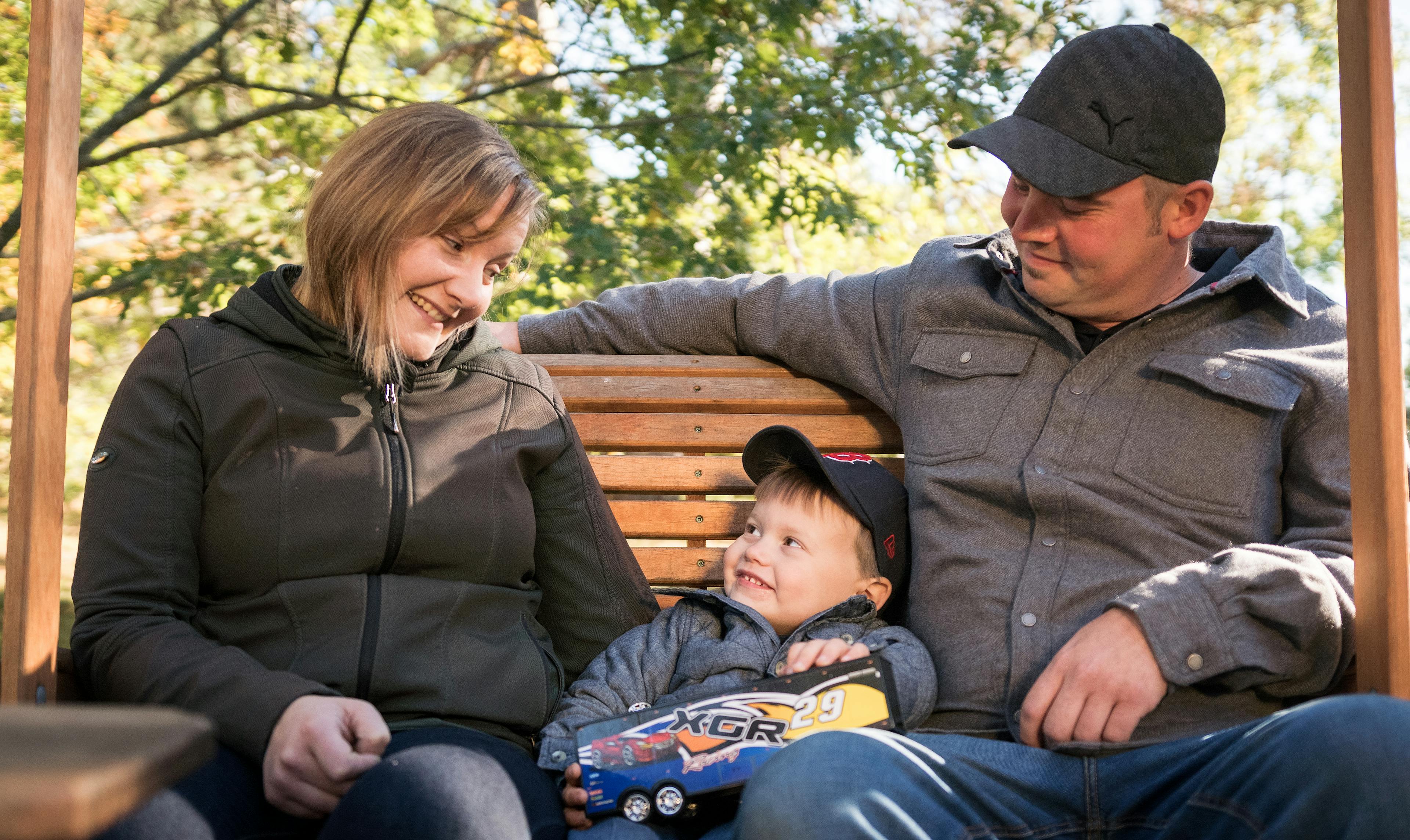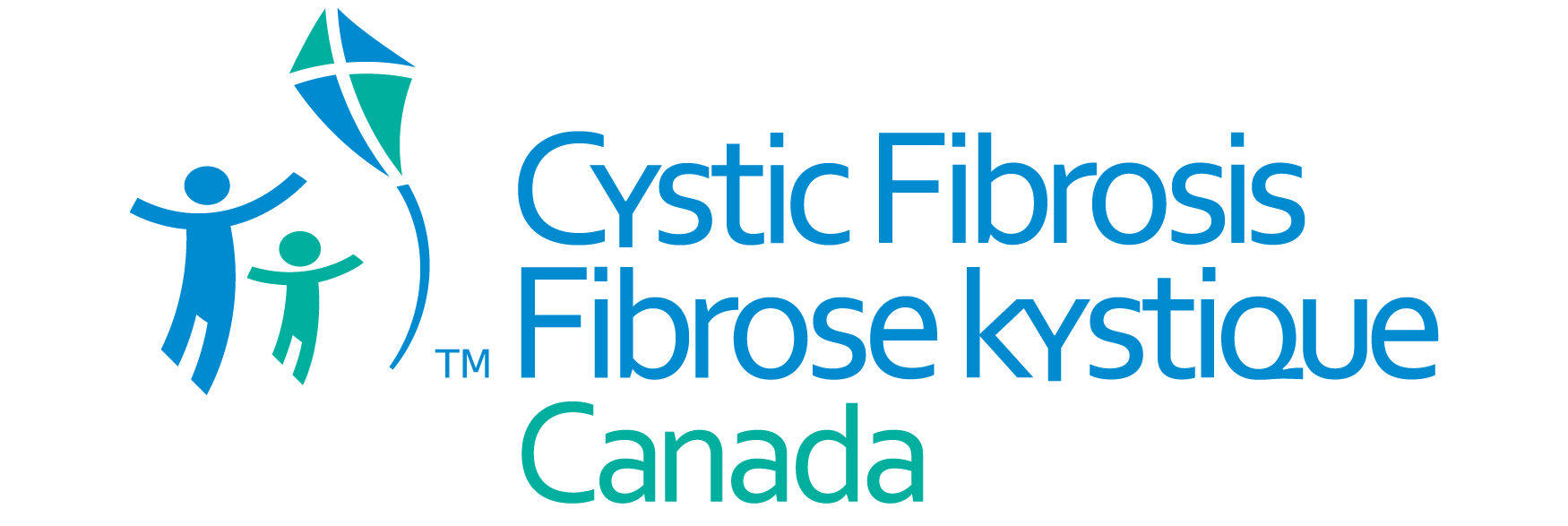Children with cystic fibrosis
Cystic fibrosis (CF) is a genetic lifelong disease that can affect many parts of a child's body, including breathing, digestion and growth. If your child has been diagnosed with CF, we’re here to help. Here you can learn about symptoms, screenings and diagnosis, and ways to help a child with CF be as healthy and active as they can be.


Your child’s CF symptoms
Cystic Fibrosis (CF) symptoms can vary from person to person, and they can start soon after a baby is born. The first sign of CF in a newborn may be that they have difficulty passing their first bowel movement (meconium). Infants born with CF usually show symptoms by age two. Some children, though, may only show symptoms in adolescence or even adulthood. These symptoms can also be mild or severe, depending on the person. The most common symptoms of CF include:
- frequent lung infections or pneumonia
- wheezing
- coughing with thick mucus
- bulky, greasy bowel movements
- constipation or diarrhea
- trouble gaining weight or poor height growth
- very salty sweat
Newborn screenings
Newborn screening for cystic fibrosis (CF) is standard practice for all newborns within a few days of birth in Canada; these screening tests catch most cases of cystic fibrosis. Shortly after a baby is born, a small blood sample is taken from the baby's heel. The blood sample is sent to a laboratory, where it is screened for several different health conditions, including CF. If the screening test is positive, a sweat test is done by your doctor, which can help provide a CF diagnosis by measuring the concentration of salt in your or your baby's sweat. A sweat test is painless and is the most reliable way to diagnose CF. Genetic studies will also be done to determine which cystic fibrosis mutation(s) your child has. This can help with treatment, such as telling your doctor if your child may benefit from CF modulator therapies.
Daily CF treatments
All people living with CF (including children) need to do daily treatments to keep themselves healthy by:
Loosening and clearing mucus
There are many different ways to do this. The doctor might recommend a child:
- get regular exercise,
- use an inhaler or nebulizer,
- do breathing exercises
- cough on purpose,
- have chest physical therapy (when a parent or trained person taps gently on the chest or back).
Preventing or fighting lung infections
You can do this by washing hands well and often, wearing a face mask, avoiding people who are sick and staying at least 6 feet away from others with CF. Taking antibiotics also can help. Your CF medical team will provide detailed recommendations.
- Eating a diet recommended by your care team and taking vitamin supplements when needed.
- Taking other medications as recommended by the CF care team.
With new medicines such as Trikafta, nutritional needs may change. Check out our resource about nutrition and CFTR modulators.
Most children with cystic fibrosis need to supplement their pancreatic enzymes, often in pill form, to help them digest food and absorb nutrients properly:
- Digestive enzyme supplements help to digest fat, protein and complex carbohydrates.
- Make sure never to crush or chew the beads inside the enzyme pills; they must be swallowed whole. If your child cannot swallow pills, you can empty the contents into an acidic food, like a spoonful of applesauce so that they can swallow it.
- Enzymes are sensitive to temperature, so store them in a cool, dry place.
- Taking too few enzymes can result in abdominal pain, bloating and, over time, weight loss.
- Taking too many enzymes may lead to constipation.
Meeting the unique nutrition needs of a child with cystic fibrosis isn't always easy. If you have questions or concerns about diet and nutrition, make sure to reach out to your child’s CF care team. They are a valuable resource you can contact during your clinic visits and in between those visits.

Helpful resources
Here are a few links to important resources to support optimal health in children.
More resources